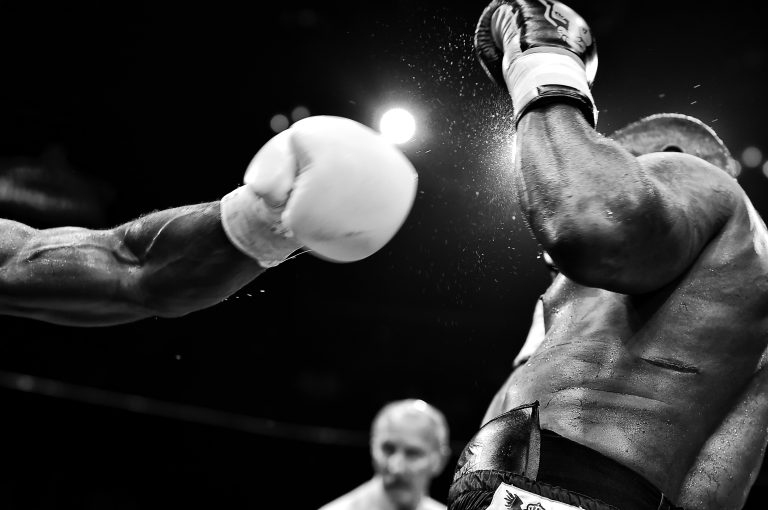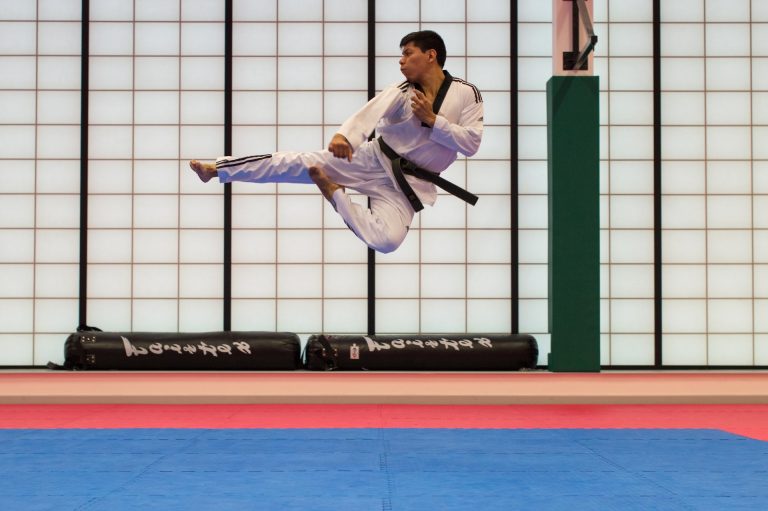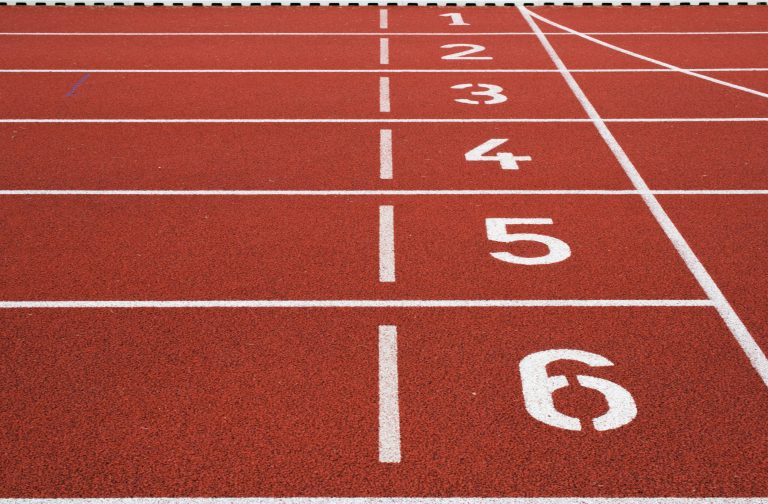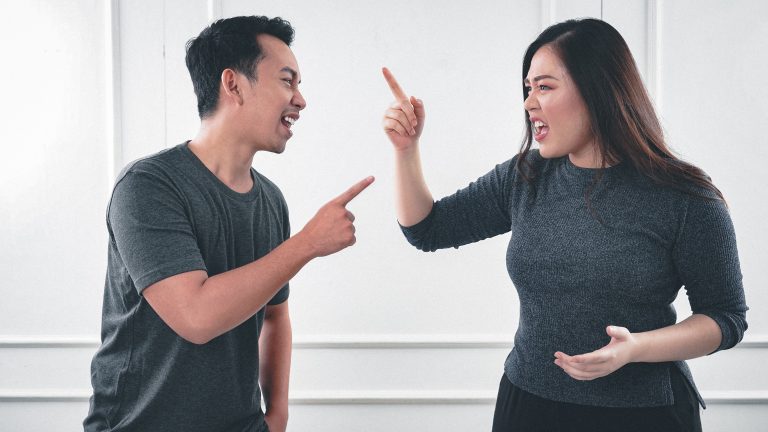What Makes Karate an Effective Martial Art?
Martial arts are becoming increasingly popular in today’s world, as more and more people are realizing the many benefits they can have on health, well-being, and self-defense. One of the most well-known martial arts is karate, which has a long and rich history that dates back centuries. But what makes karate so effective when it comes to self-defense? In this blog post, we’ll take a look at the most important aspects that make karate an effective form of martial arts.
Physical Strength and Control
The most important factor to consider when discussing the effectiveness of any martial art is physical strength and control. Karate practitioners need to develop a certain level of physical strength and control before being able to master it. It requires physical conditioning to build up strength and address muscular imbalances, as well as a deep understanding of body mechanics to execute the techniques correctly.
Karate employs vigorous physical activities such as stretching, kicking, and punching, which help practitioners gain body control. The art also emphasizes correct posture, breathing, and balance. Through repetitive practice, karate practitioners can develop a high level of bodily control, allowing them to move with greater speed, power, and precision. Additionally, this level of control also allows them to anticipate their opponent’s movements more effectively.
Strategy and Tactics
Another important aspect of karate that makes it effective is its emphasis on strategy and tactics. While physical strength and control are important, they are only effective when used in combination with an in-depth knowledge of overall strategy. Karate practitioners must be able to size up a situation quickly and learn how to assess their opponent’s potential moves considering their strengths, weaknesses, and mental state.
Karate also requires practitioners to be able to think on their feet, as many situations cannot be predicted in advance. In such cases, quick decision making is essential. To become effective at karate, one must develop the ability to visualize different scenarios and consider how their opponent might react in any given circumstance.
Calmness and Focus
Perhaps the most important factor in making karate an effective martial art is calmness and focus. It’s important for practitioners to remain calm and focused during training, as this is the only way to gain maximum efficiency from every technique practiced. Karate relies on concentration and clarity of thought in order to develop a deeper understanding of the principles of combat.
The ability to remain focused during a confrontation is what allows one to anticipate their opponent’s next move before they have even begun to make it. Additionally, a calm and clear mind can help place one in a superior position during a fight by enabling the practitioner to respond quickly and effectively.
Conclusion
Karate is an incredibly effective martial art that has been used by practitioners throughout history. The effectiveness of karate is due to its emphasis on physical strength and control, strategic thinking, tactics, and most importantly, its ability to foster calmness and focus in its practitioners. With intense training and dedication, anyone can become an effective karate fighter.
What Makes Karate an Effective Martial Art?
Karate is a powerful and effective martial art that has been practiced for centuries, originating in Okinawa, Japan. It is a form of self-defense that involves striking, blocking, and grappling techniques. Karate has many benefits, ranging from physical fitness to mental discipline. In this article, we will answer some of the most frequently asked questions about what makes karate an effective martial art.
1. What are the physical benefits of practicing karate?
Practicing karate provides numerous physical benefits. First, it improves cardiovascular health through the rigorous training and exercise. Karate also strengthens muscles, increases flexibility, and improves balance and coordination. Furthermore, karate can help with weight loss and reducing body fat, as it is a full-body workout.
2. Is karate effective for self-defense?
Yes, karate is an effective form of self-defense. It teaches practitioners how to strike effectively and defend themselves against attackers of various sizes and strengths. Karate also teaches practitioners how to avoid potentially dangerous situations and respond quickly if they are attacked. It is a practical and useful skill to have for self-defense purposes.
3. How does karate help with mental discipline?
Karate is not only a physical exercise, but it also has a strong focus on mental discipline. It requires practitioners to have focus, concentration, and patience. Practicing karate helps individuals develop a strong sense of self-discipline, as well as self-control under pressure. It also teaches mental toughness, resilience, and the ability to handle stressful situations.
4. Can karate be practiced by everyone?
Yes, karate can be practiced by everyone, regardless of age, gender, or physical ability. It is essential to find a dojo or trainer that can accommodate individuals with special needs or limitations. Karate can be modified to suit every individual’s needs, and the training can be tailored to enhance their strengths and address their weaknesses.
5. How long does it take to become proficient at karate?
The time it takes to become proficient at karate varies depending on the individual’s dedication and effort, as well as the intensity of the training. However, on average, it takes several years of consistent practice and training to achieve mastery. It is important to remember that karate is not only a physical activity but also a mental one, and it takes time to develop the necessary discipline and skills.
6. Is sparring a part of karate training?
Yes, sparring is a critical part of karate training. It allows practitioners to apply their techniques in a controlled environment and learn how to defend themselves against an opponent. However, sparring should always be done with safety in mind and under the guidance of a trained instructor.
7. How does karate differ from other martial arts?
Karate is unique in its focus on striking techniques, which use the hands, feet, knees, and elbows. It also emphasizes powerful, quick movements and emphasizes self-improvement and mental discipline. In contrast, other martial arts, such as Judo or Brazilian Jiu-Jitsu, focus more on grappling techniques and leverage.
Conclusion
Karate is a centuries-old martial art that provides numerous physical and mental benefits, including self-defense skills, improved cardiovascular health, mental discipline, and resilience. It is a valuable form of training that can benefit individuals of all ages, genders, and physical abilities. With consistent training and dedication, karate can help individuals achieve their full potential and become proficient in the art of self-defense.
Inhaltsverzeichnis






